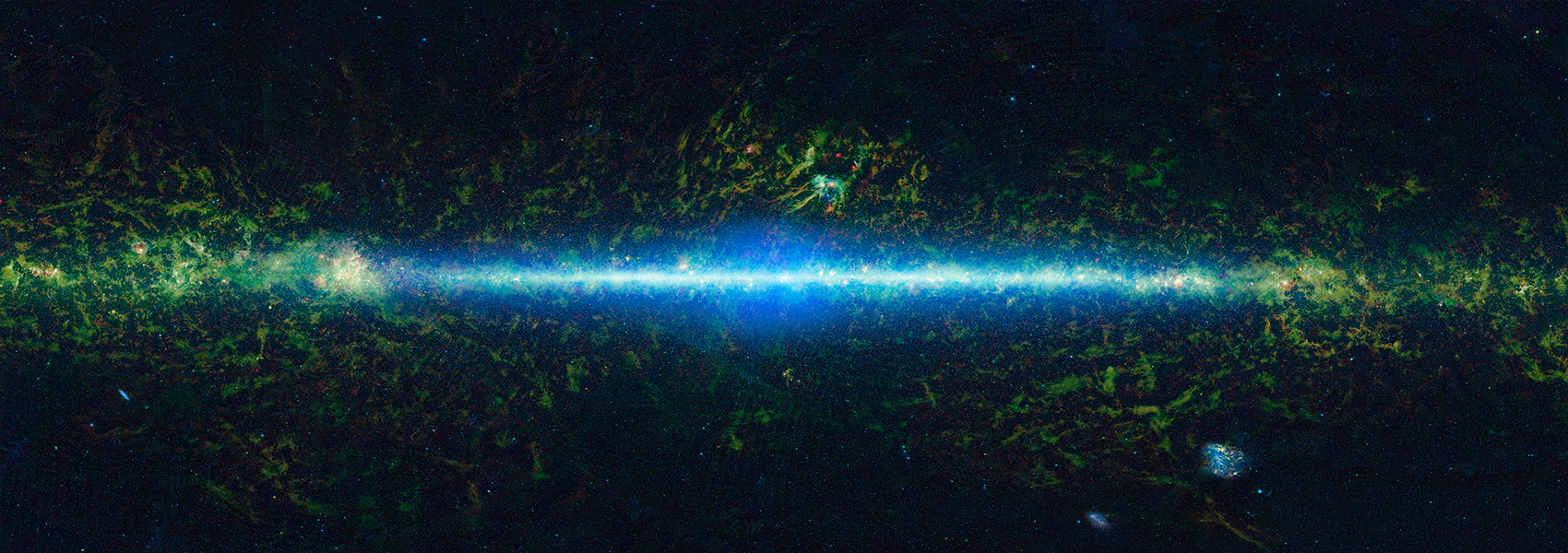
Live From the Clean Room — Building NEO Surveyor

Near-Earth Object (NEO) Surveyor is an infrared space telescope being built to help advance NASA’s planetary defense efforts — the first space telescope specifically designed to hunt asteroids and comets that may be potential hazards to Earth.
You are viewing activities in the High Bay 1 clean room at JPL’s Spacecraft Assembly Facility. Over the coming weeks, the large panels, cabling, and other components for NEO Surveyor’s instrument enclosure will take shape. In the center of the clean room is a platform, called the Medium Articulating Assembly Dolly (MAAD), which is designed to support the instrument enclosure, where components will be assembled and mounted.
The enclosure is a key part of the spacecraft, housing NEO Surveyor’s powerful telescope and infrared instrumentation. When completed and tested, the enclosure will be mounted to the back of the spacecraft’s large sunshield and avionics for the mission, scheduled to launch no earlier than September 2027.
The telescope, which is being built in another clean room at JPL, has an aperture of nearly 20 inches (50 centimeters) — larger than NASA’s previous asteroid-hunting space telescope, NEOWISE — and it will collect infrared light from some of the most difficult-to-find near-Earth objects in the solar system. Additional construction and testing will take place at JPL and partner institutions across the United States.
IPAC is the NEO Surveyor Survey Data Center, building upon its long heritage supporting NASA's major infrared sky surveys and detecting and characterizing small bodies in the solar system. IPAC is responsible for NEO Surveyor survey data processing and archiving of the final survey and engineering data products. IPAC distributes NEO Surveyor image and extracted source data via the NASA/IPAC Infrared Science Archive, and works with the IAU Minor Planet Center and NASA Planetary Data System to release solar system object detections and physical characterizations to the science community.
Text adapted from this page at JPL.
- Date: August 21st, 2024
- Category: Project News
- View Image


